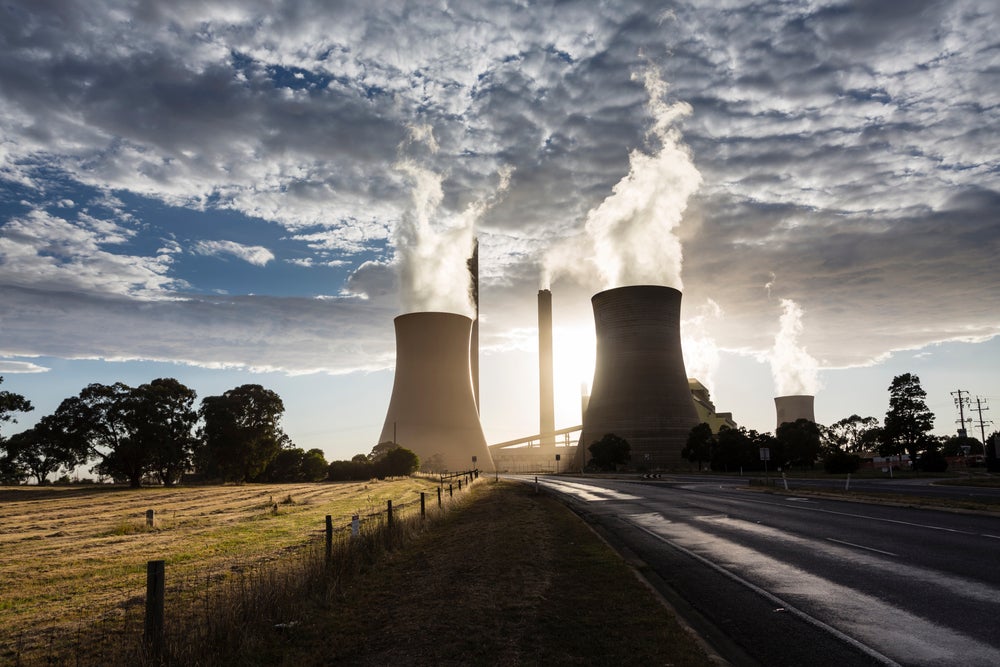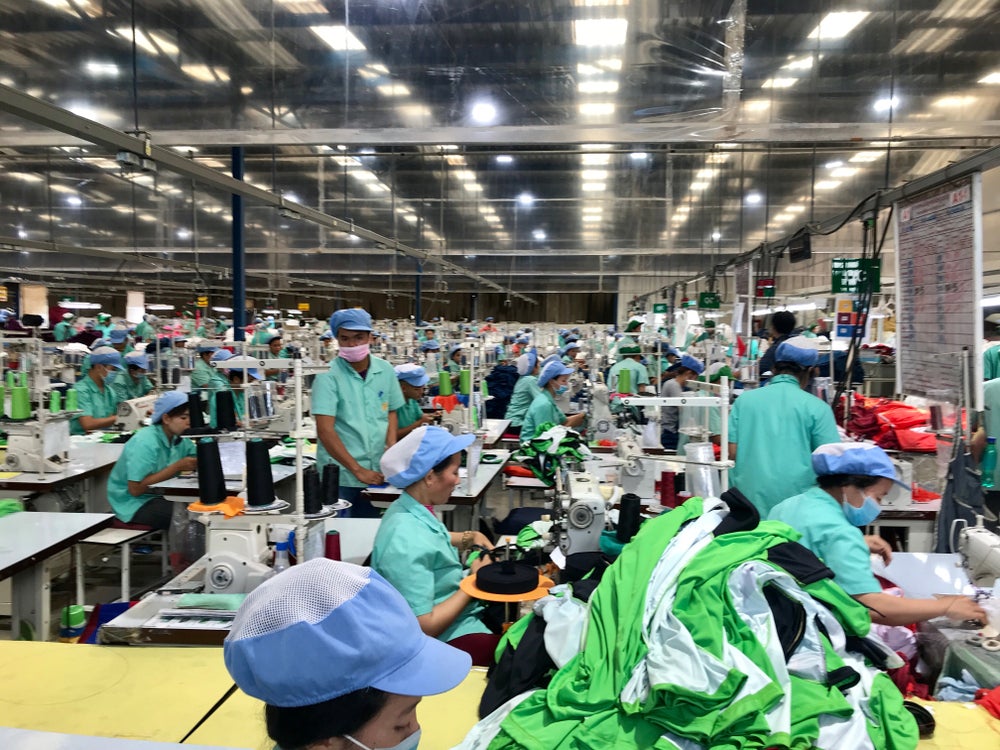SAC’s aim for the MCAP is to address the urgent need for a substantial CO2 emissions reduction within the textile and apparel industries and offer manufacturers an innovative pathway towards sustainability and decarbonisation.
The SAC, acknowledging that the textile industry alone accounts for up to 8% of global carbon emissions, is steadfast in its commitment to achieving a minimum 45% reduction of GHG emissions by 2030, as outlined in its strategic plan.
MCAP's ultimate vision is to assist manufacturers in achieving science-based targets that encompass Scope 1, 2, and 3 emissions. While serving as an initial step on this journey, MCAP provides manufacturers with the guidance and tools required to move toward a more sustainable and climate-resilient future.
The MCAP programme adopts a practical approach, comprising four core elements:
- First, manufacturers set, validate, and disclose company-wide science-aligned emission reduction goals, recognising this as a fundamental step toward a sustainable future.
- Second, manufacturers receive recommendations and training on developing climate risk assessments for their operations, including physical and transition risks and documenting these risks to bridge connections with value chain partners, including brands.
- Next, manufacturers receive guidance for developing their decarbonisation plan, responding to the industry's growing call for transparency and enabling effective allocation of investments and resources.
- Finally, fostering a culture of transparency and accountability, MCAP encourages manufacturers to annually disclose their progress, and share reports publicly. This commitment to openness will ensure accountability within organisations and nurture a collective culture of growth and innovation.
MCAP claims to offer manufacturers a host of benefits, including reduced energy consumption, cost savings, and alignment with evolving sustainability expectations. It also facilitates sharing best practices and promotes a culture of transparency and accountability, in line with SAC's commitment to safeguarding the planet for future generations.
Joyce Tsoi, director of collective action programmes at the SAC, emphasised the coalition's role in driving transformative change within the consumer goods industry. Tsoi stressed that MCAP represents a key initiative uniting manufacturers globally to accelerate action towards science-aligned emissions targets and significantly reduce global CO2 emissions at scale.
MCAP's roots can be traced back to Target's Supplier Engagement Programme and Nike's Supplier Climate Action Programme (SCAP), both developed in consultation with the World Resource Institute (WRI). MCAP is open to SAC members and non-members alike, underlining the collective effort to accelerate the number of manufacturers with science-aligned targets.
Noel Kinder, chief sustainability officer at Nike, Inc. said: “Nike’s SCAP was designed to help suppliers take a leadership role in addressing their climate risk. Working with SAC and Target to develop the MCAP programme is the next step in scaling impact across Nike’s supply chain and the industry.”
Liz Cook, executive vice president for governance & development at the World Resource Institute (WRI), underscored the critical role of supply chain emissions in a company's greenhouse gas (GHG) emissions and the necessity of supporting suppliers to achieve ambitious emissions reduction targets.
MCAP is actively seeking manufacturer interest and aims to commence programme implementation in 2024. The SAC will track and share MCAP's progress on its website, providing information on the number of manufacturers joining the programme and the advancements made.















